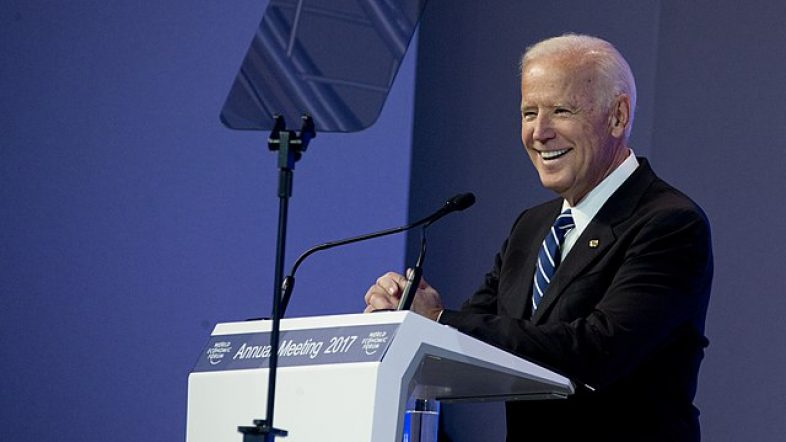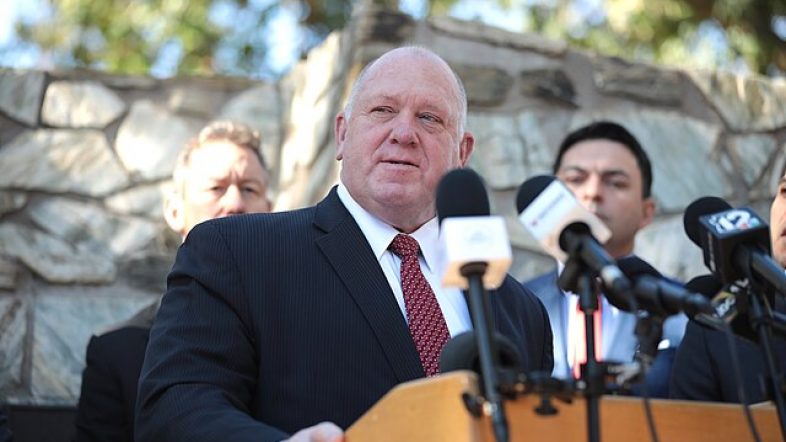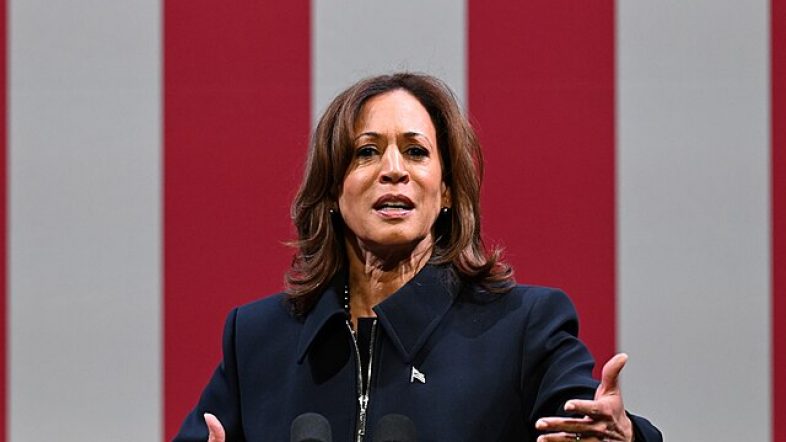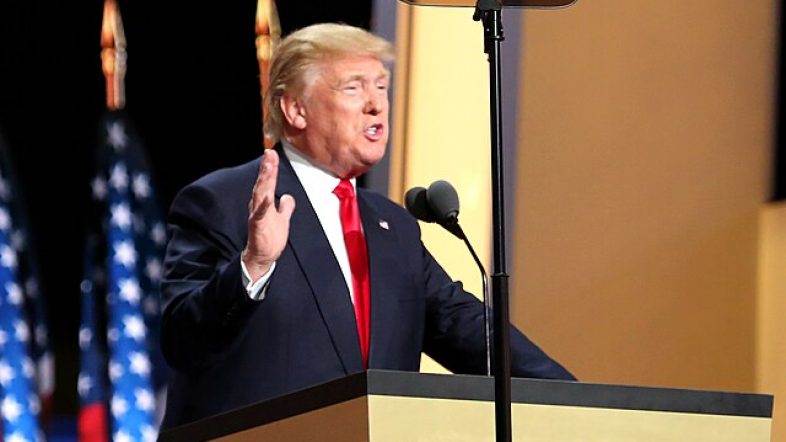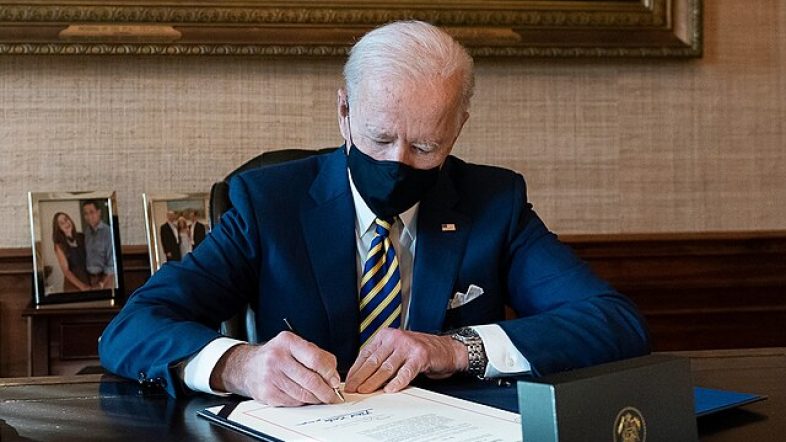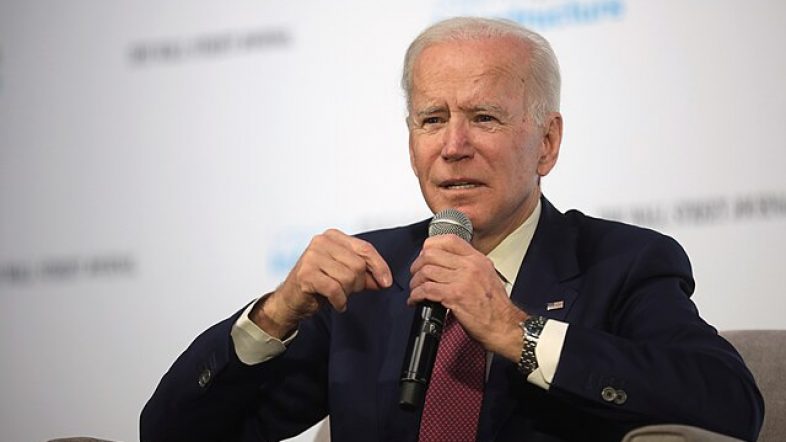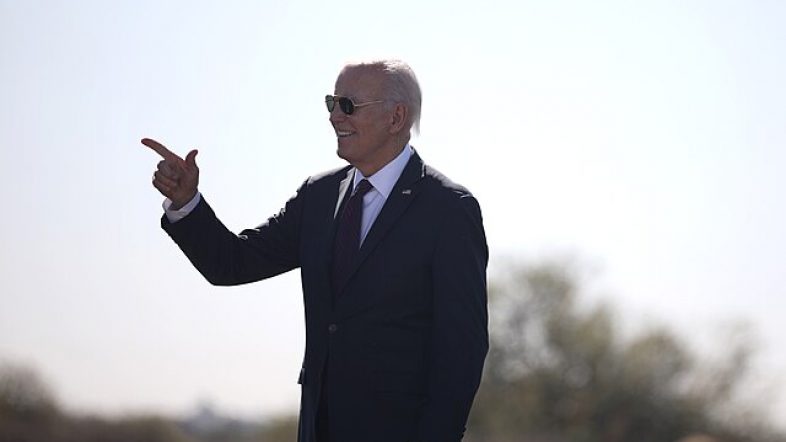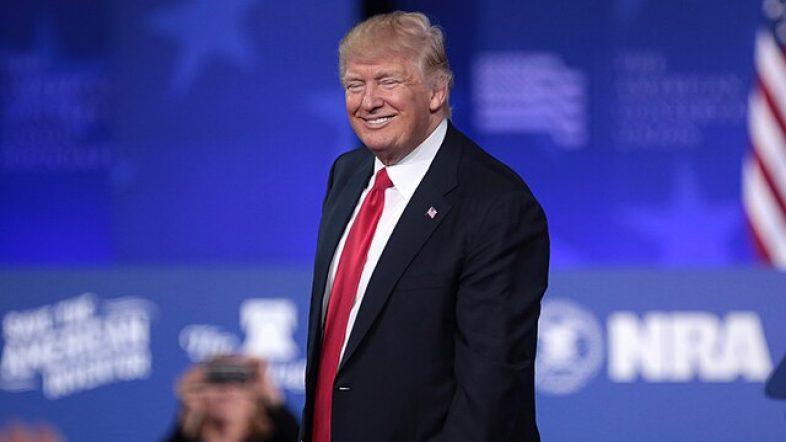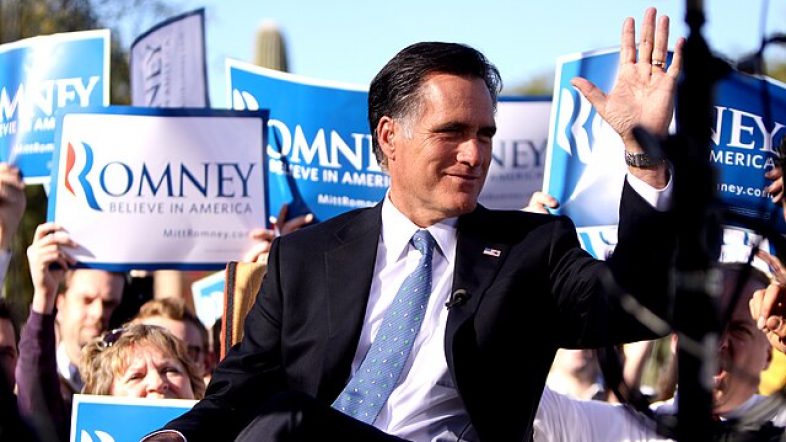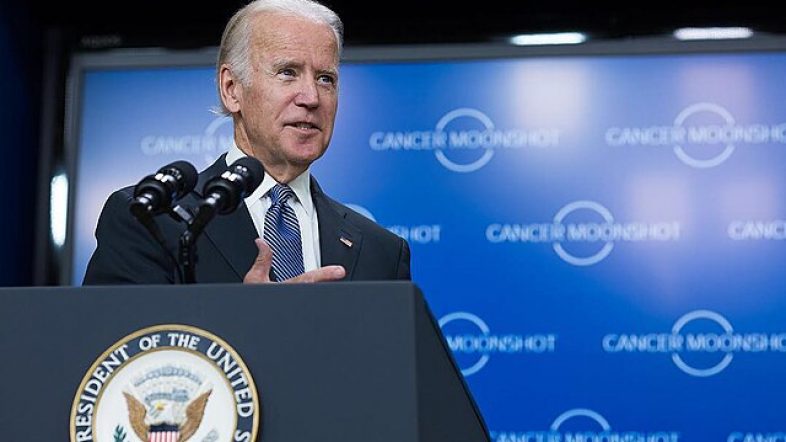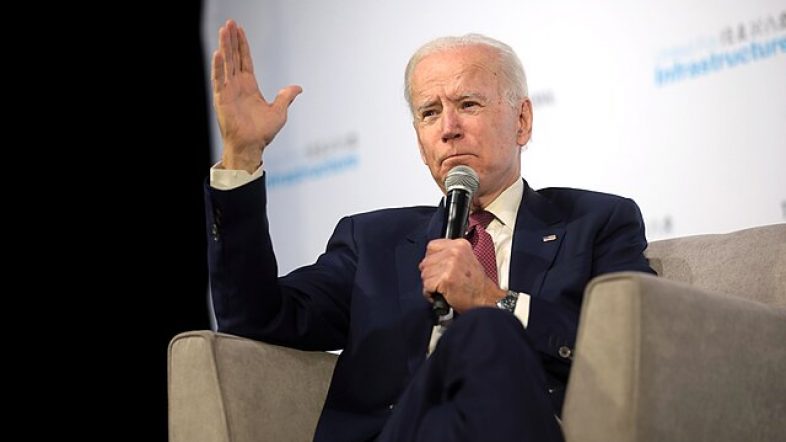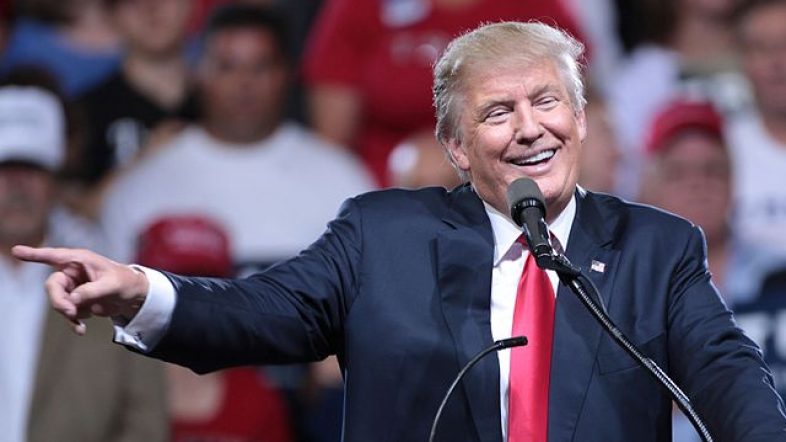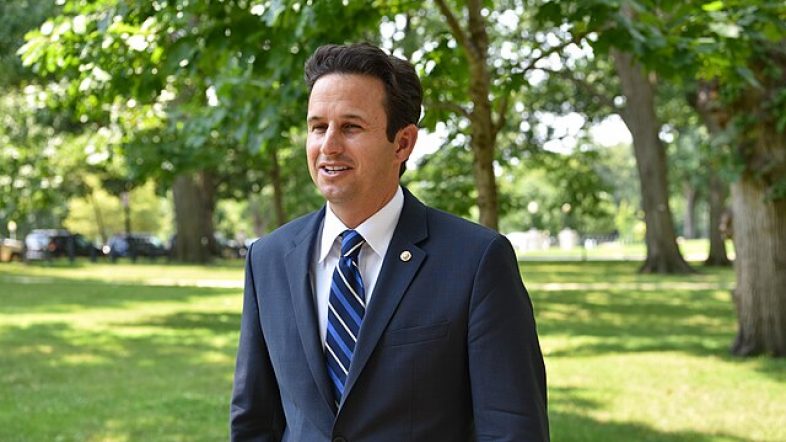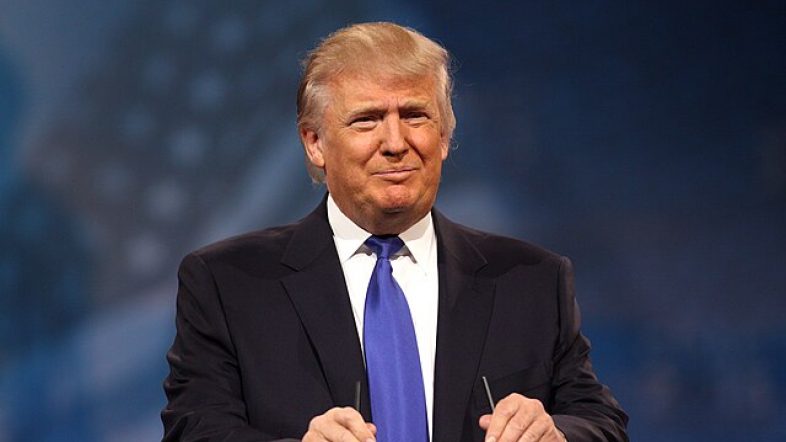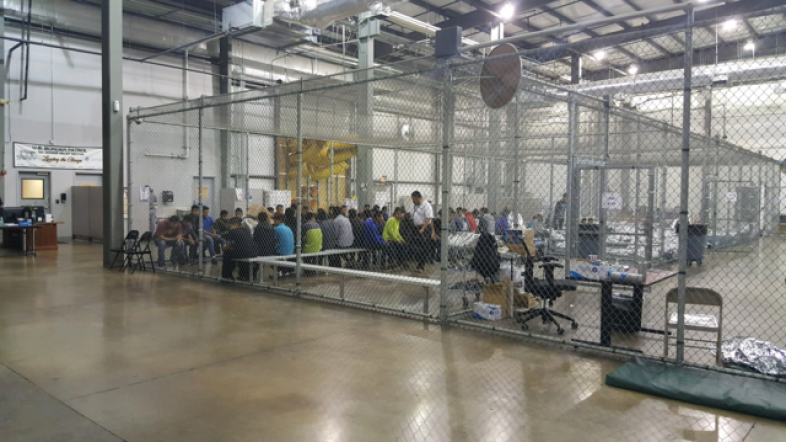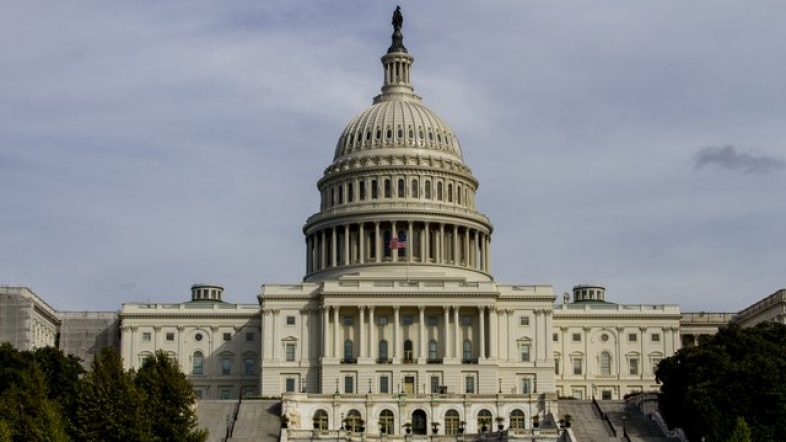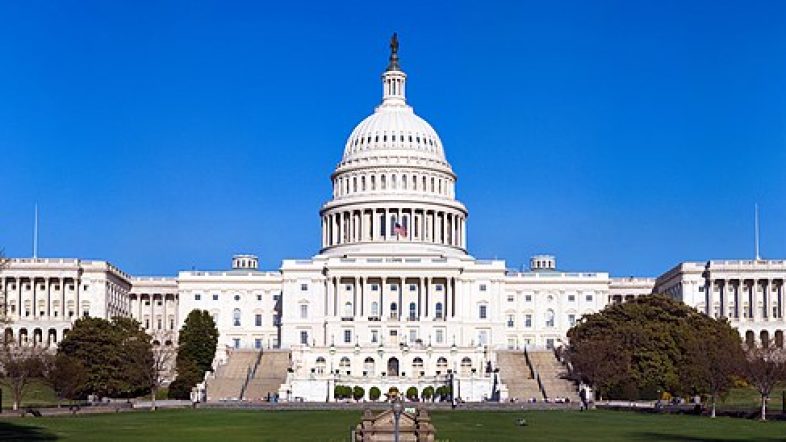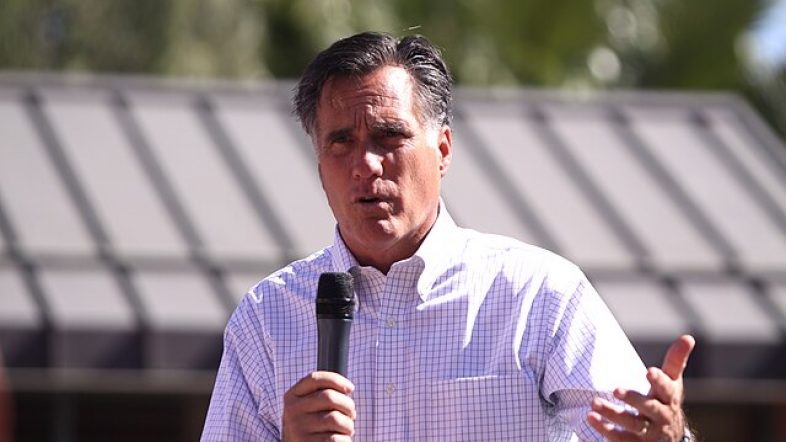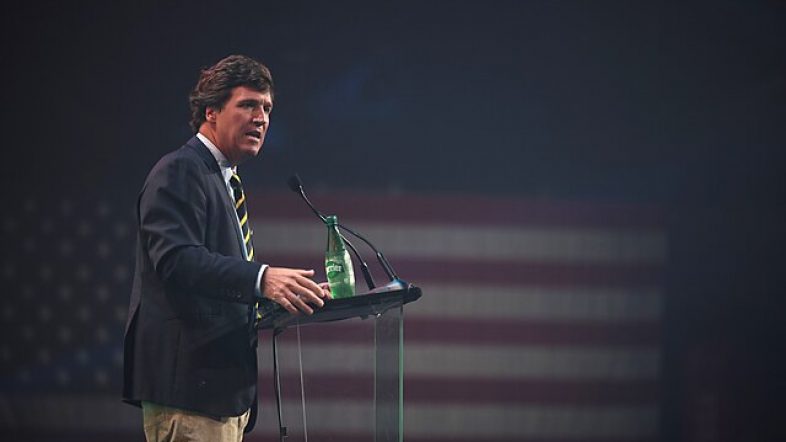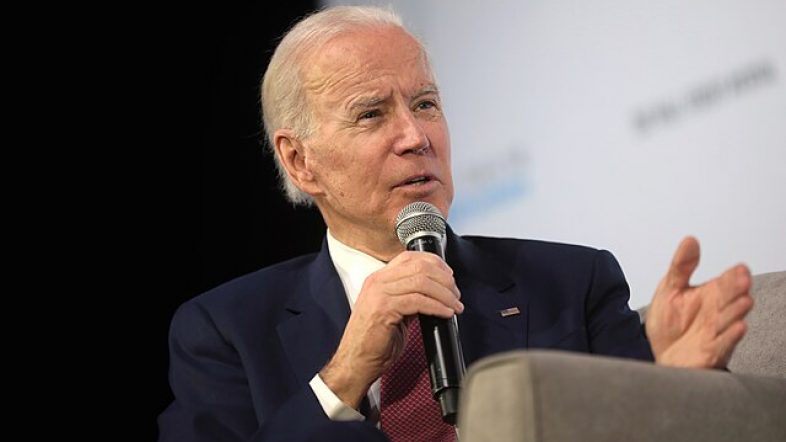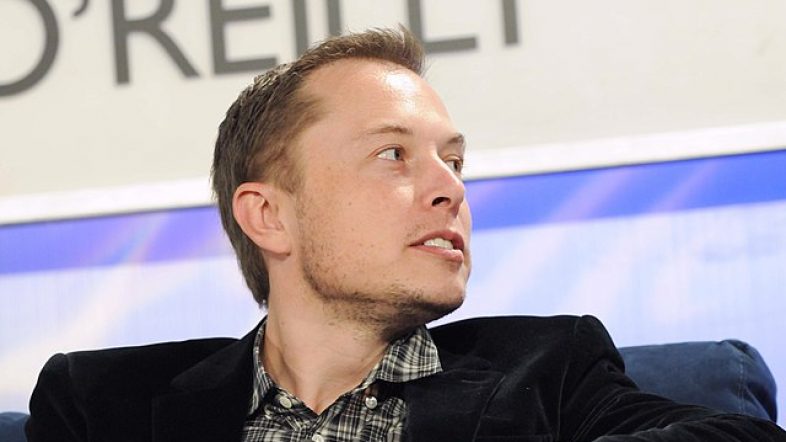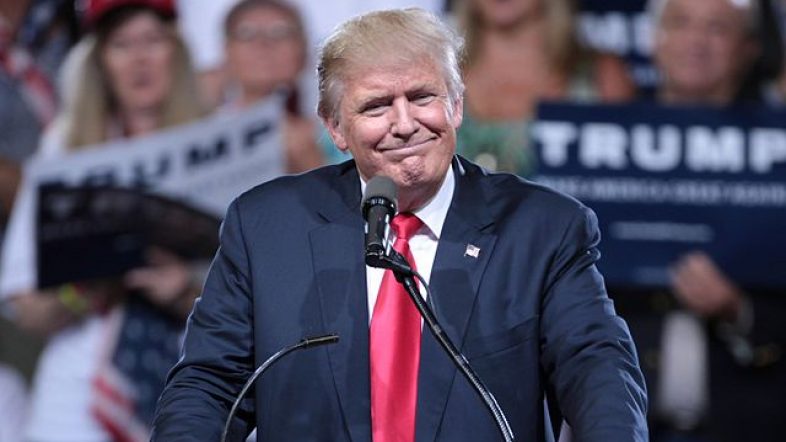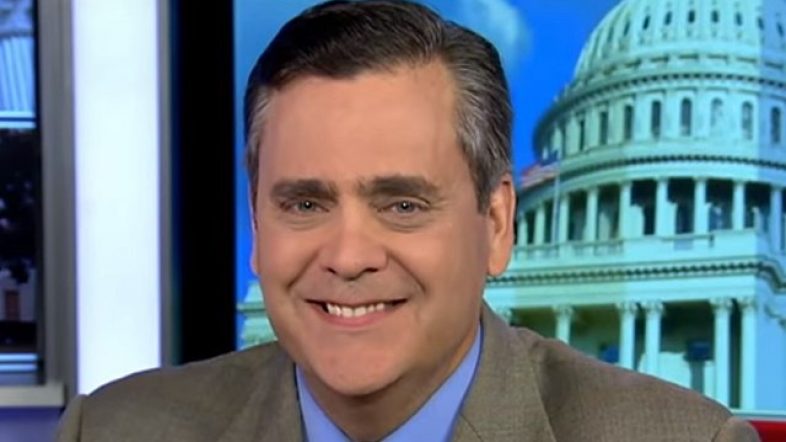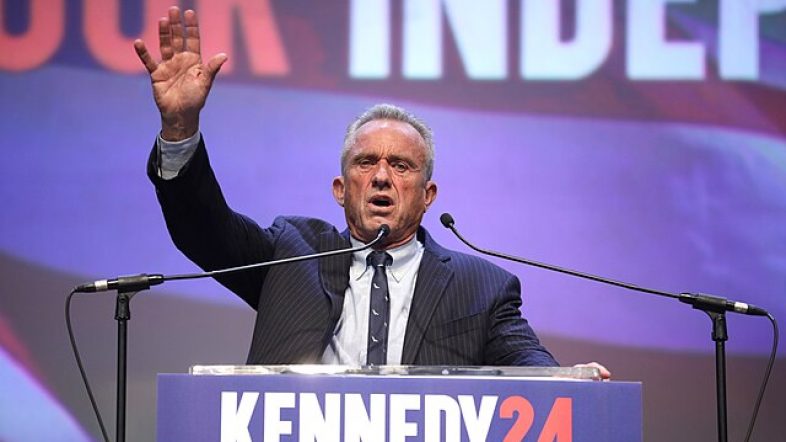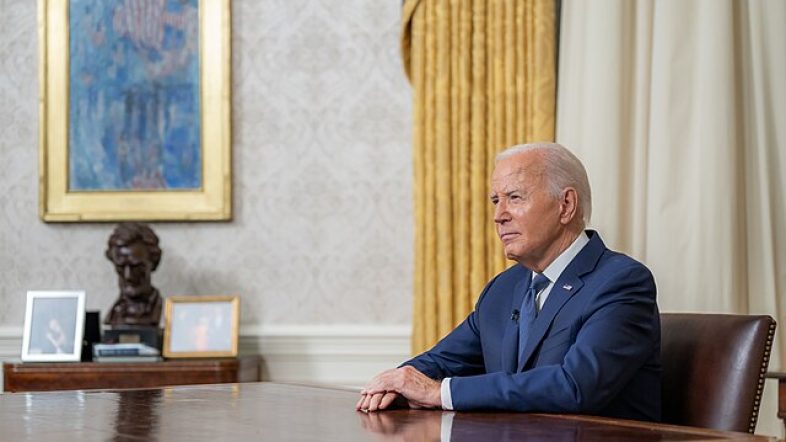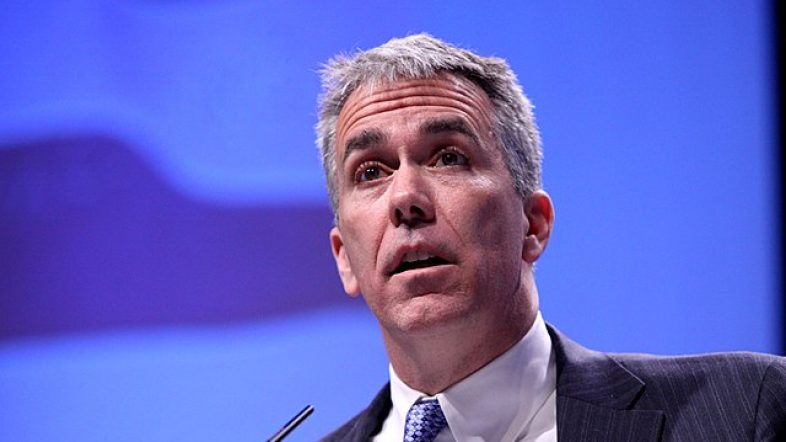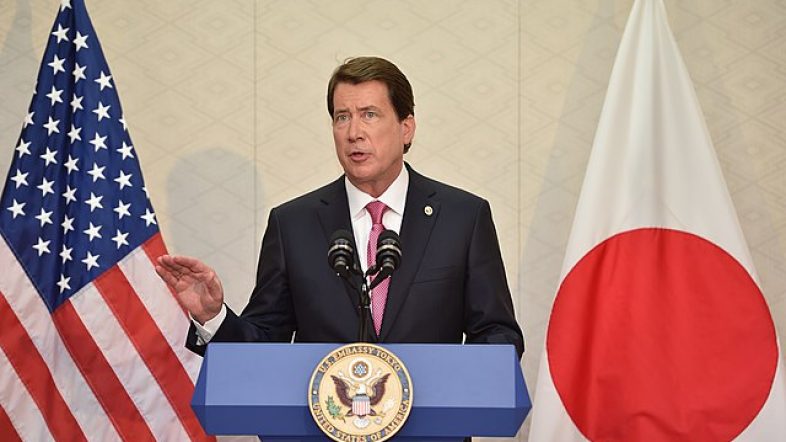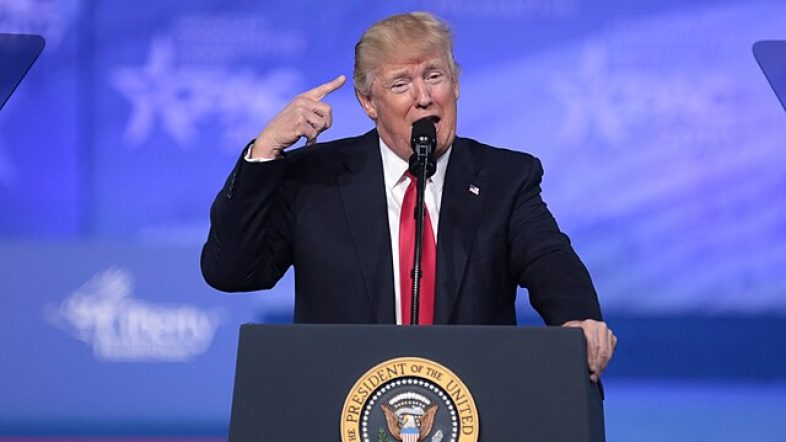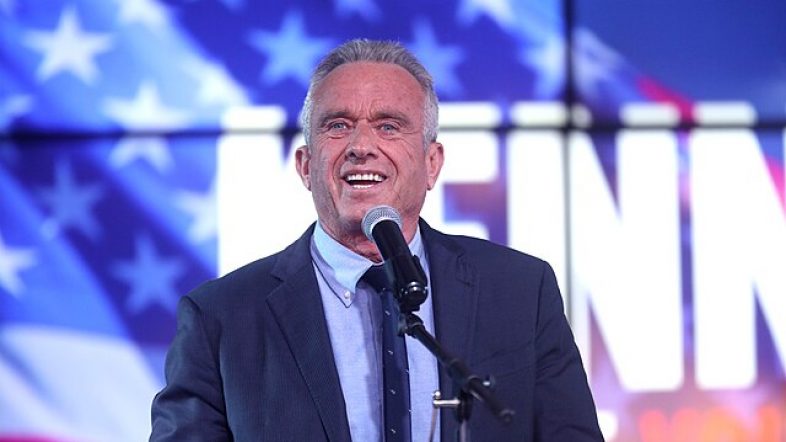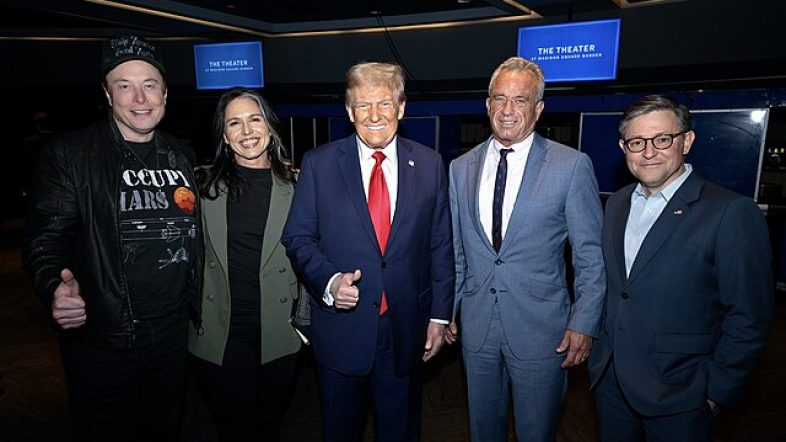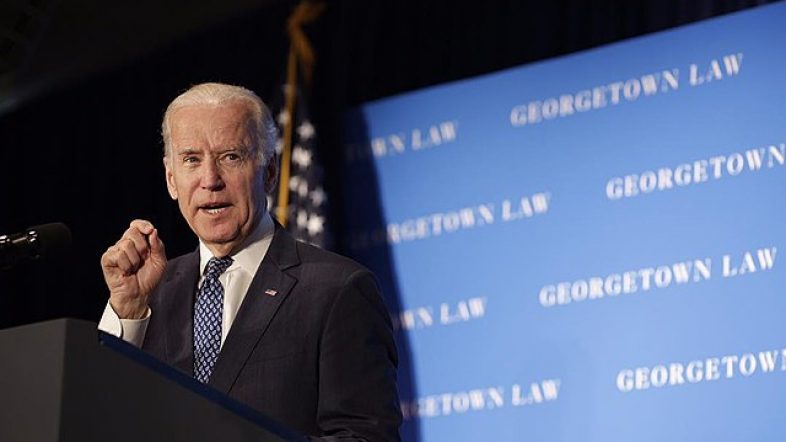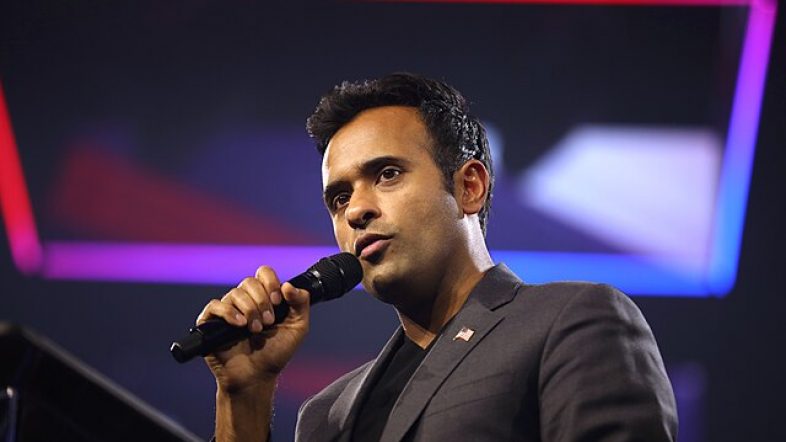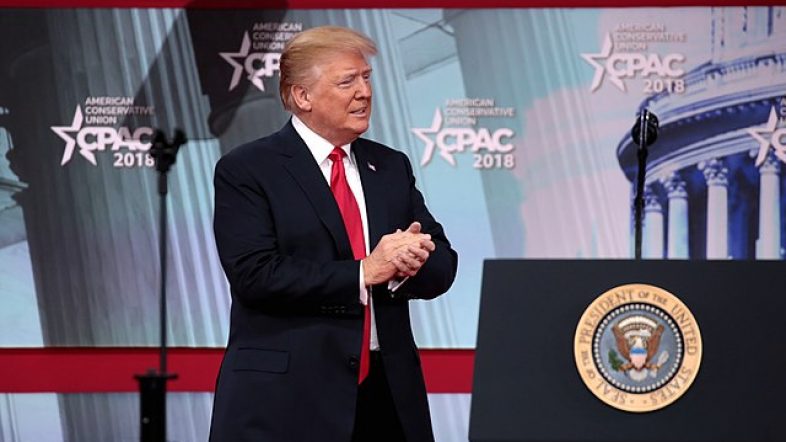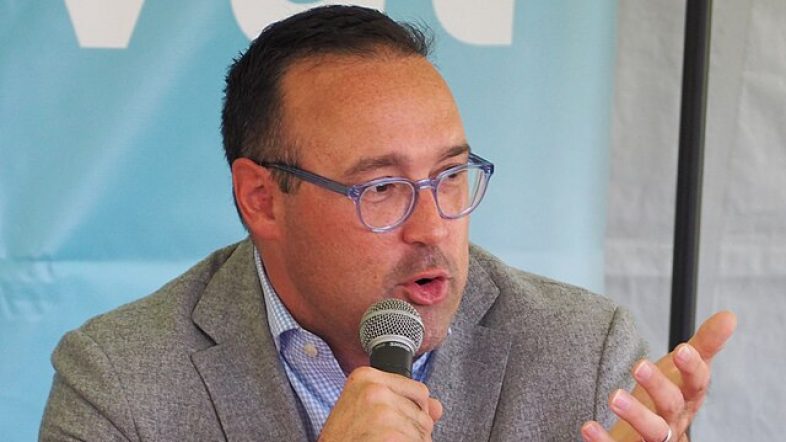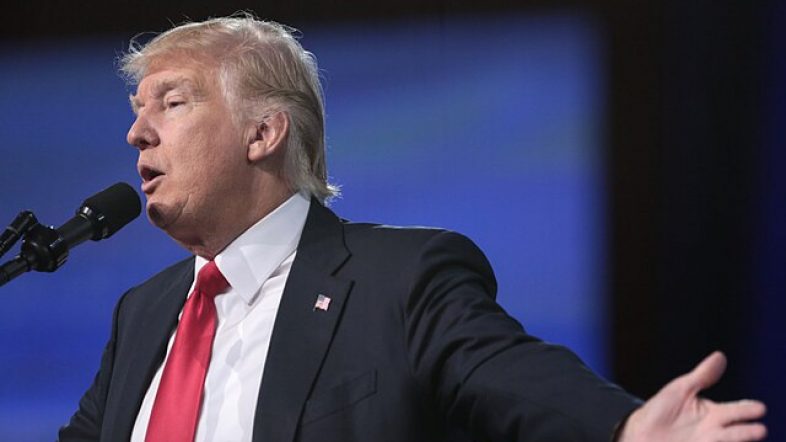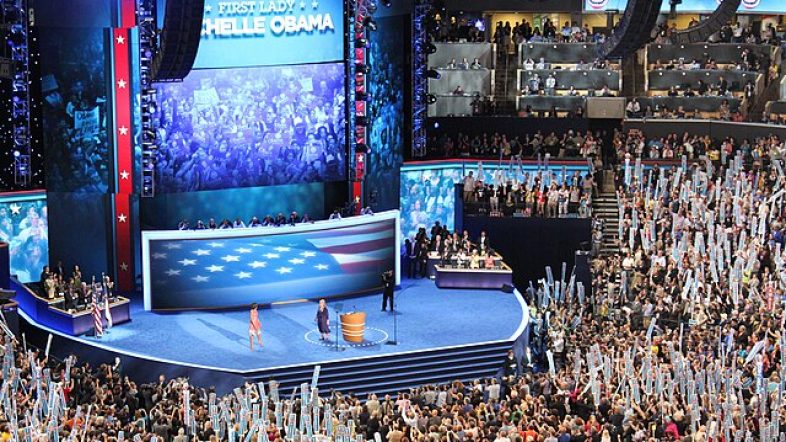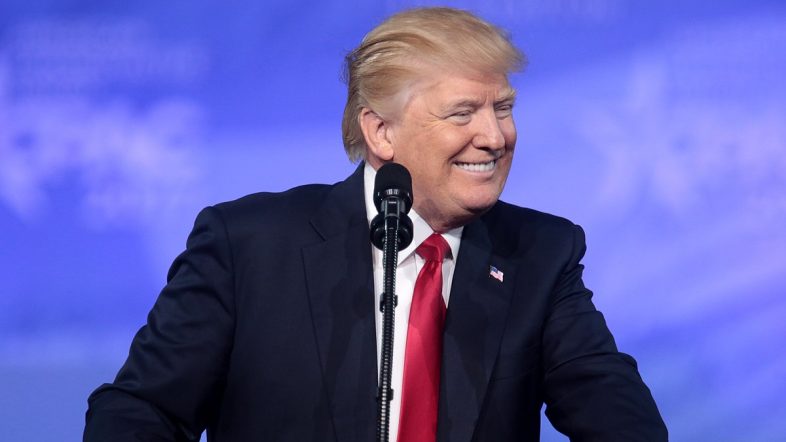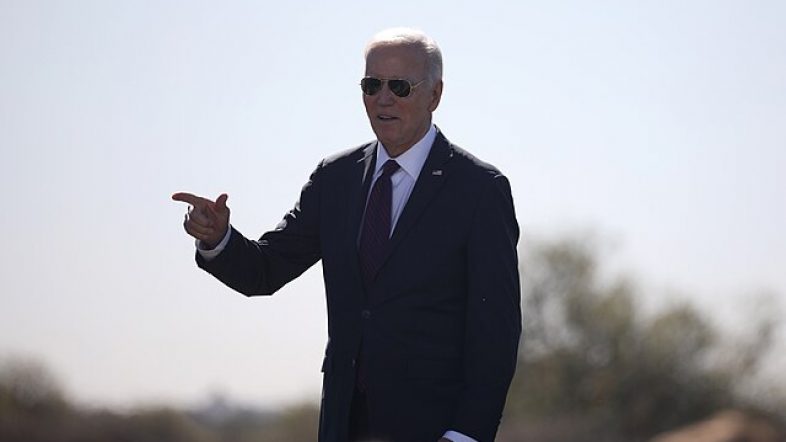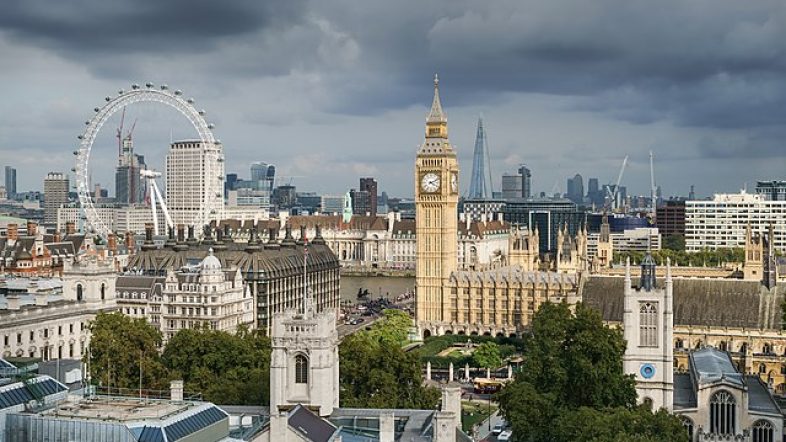It’s a comeback story for the ages: Despite two impeachments, two assassination attempts, four criminal indictments, 34 felony convictions, and coverage from the big three networks that was 85% negative (as opposed to 78% positive for his opponent), former President Donald Trump triumphed over all the hate and the haters to win his second term in the Oval Office.
Why? Trump was a better president than President Joe Biden and a better candidate than Vice President Kamala Harris. Ordinary Americans enjoyed measurably more fruitful lives under Trump than Biden. And Trump is noticeably more authentic, relatable, charming, clever, convincing, insightful, intuitive and fun than Harris. Trump won on both policy and personality.
Democracy prevailed; the people will have their way in spite of all that was done and said to prevent that from happening. Trump won despite nearly every institution in America – media, academia, and big business, too – not just opposing him but opposing him virulently, comparing him to Hitler and warning that his election would spell the end of democracy itself.
Oh, and the movie and rock stars, too. Harrison Ford movingly told us over the weekend that he voted for Harris and Tim Walz. The core of his pitch was that “these two people believe in the rule of law; they believe in science; they believe that when you govern, you do so for all Americans. They believe that we are in this together… Look, I’m frustrated about a lot of things in this country, I’m sure you are, too. But the other guy? He spent four years turning us against each other, while embracing dictators and tyrants around the world.”
It is a passionate pitch, but it fell flat because most of us didn’t just fall out of a coconut tree. For those of us who are frustrated about what the government has been doing, it’s merely a beautifully narrated lie.
It was a call to trust the prosecutors and the judges who cynically used the courts as a partisan weapon while braying about their fealty to the “rule of law.” To believe government bureaucrats who silenced those who dared to question the origins and effects of COVID-19 – and were later proven right. To ignore the dishonesty of national security officials who claimed Hunter Biden’s laptop was fake even though they knew it wasn’t. To forget that they ran for office claiming that they wanted to unite the country while working full-time to divide it – solely for the purpose of winning elections. We didn’t go along.
So, Trump’s win is more than an epic personal and policy success story, it’s a vote of “no-confidence” in institutions and governance by authoritative experts. Institutions fail when they do not focus on their core mission. Consider all the institutions in America and Europe that have lost their way, focusing on the politically fashionable and fringe issues.
During his first trip overseas as president, Biden addressed the U.S. troops stationed in England. It wasn’t an auspicious beginning. “When I first was elected vice president with President Obama, the military sat us down to let us know what the greatest threats facing America were,” he said. “This is not a joke: you know what the Joint Chiefs told us the greatest threat facing America was? Global warming.”
Despite the disclaimer, a “joke” was exactly what this sounded like. Or, rather, a spoof of liberal excess. Biden was addressing men and women who had signed up to risk their lives on the battlefield to protect their fellow Americans. And he was giving them Democratic Party talking points. The obvious inference to be drawn is that the new commander in chief was in over his head and that the Pentagon is run by suck-ups or idiots. Both perceptions were reinforced soon thereafter, a few months later, by the United States’ disastrous Afghanistan withdrawal. When a military focuses on something other than fighting wars, it is on the road to failure.
Similarly, nearly all government institutions now focus on fringe issues or progressive fads instead of on their core missions. Prosecutors promote “equity” instead of locking up criminals. Homeland Security does not focus on securing the border, but rather on smoothly facilitating illegal immigration.
The Securities and Exchange Commission is tasked with facilitating capital formation and discouraging fraud, not suppressing carbon emissions. FEMA’s core mission is to swiftly respond to and remediate disasters, not to find taxpayer-funded housing for illegal immigrants. The FBI’s core mission is to protect citizens from crime and terrorism, not from conservative Catholics.
And it is not just government institutions that have lost their way. The core mission of the media is supposed to be delivering news, not crafting partisan and half-true narratives with the intention of swaying elections. If the information being conveyed does not reflect observable reality, then the press has failed in its core mission. Think of the memorable scenes of 2020 when cable news reporters would describe “mostly peaceful protests” while fires ravaged buildings behind them.
The core mission of universities and colleges is to open minds and expand knowledge. Does anyone think free inquiry into unfashionable ideas is even tolerated on campus today?
Nor are once venerable business institutions focusing on their core missions. While Disney, Budweiser, Target and BlackRock are notorious examples of businesses that strayed into lecturing consumers instead of serving them, nearly every big business today invests time and resources into DEI and ESG initiatives that advance the agenda of the far-left wing of the Democratic Party. Putting political commissars into C-Suites distracts from the businesses’ core mission, creates divisions within the workforce, and alienates consumers.
Just as government, media, and business institutions have been degraded by being politicized, so, too, have public “experts.” Socrates, perhaps the greatest-ever expert on knowledge, observed that the only true wisdom is in knowing you know nothing. He refused to use his expertise authoritatively, but instead, he used his expertise to empower others to think through problems.
While few voters read Socrates today, almost everyone knows that experts don’t always agree. That is why when we encounter difficult or expensive problems, we shop for second opinions. Whether it is auto repair or brain surgery, we know it makes sense to get a second and sometimes a third opinion. Why? Experts have different perspectives and different motivations. Often, there is not one answer. We may ultimately rely on an expert’s judgment, but not without using their expertise to understand the problem in order to make a better decision ourselves.
Public experts tend to be more authoritative and less advisory, which undermines faith in experts generally. For example, during the COVID pandemic, Dr. Anthony Fauci and the team of government experts used their “expert” status authoritatively and politically. This lack of Socratic modesty caused millions to lose faith in all public experts who behave in a similar manner.
So, in a world in which so much is going wrong, electing the guy who drives all those pontificators nuts just makes sense. A working majority of the American people were convinced that, despite (or perhaps because of) all the hate they attract, Trump and his merry band of bold critics – including former Democrats Bobby Kennedy, Elon Musk, and Tulsi Gabbard – are the best bet for purging the system in order to make America great again.


